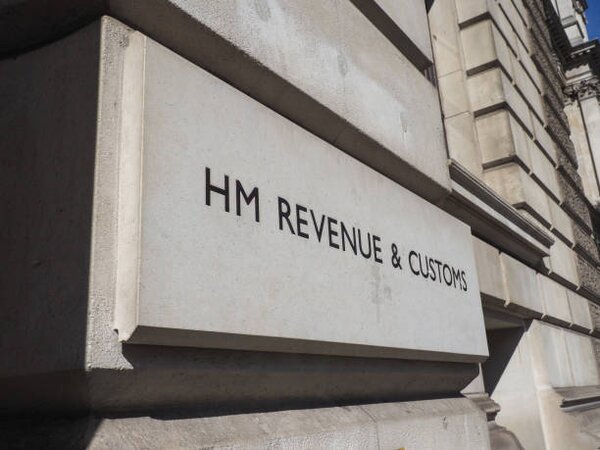Transport for London (TfL) and London boroughs continue to subsidise free travel for older Londoners via the 60+ Oyster photocard (for ages 60–65) and the Freedom Pass (66+). These concessions aim to support active aging, social inclusion, and access to essential services.
However, mounting costs estimated at around £500 million annually have reignited debate on whether this universal benefit remains justified. Conservative-leaning think tanks, including the Adam Smith Institute, argue the scheme unfairly burdens younger taxpayers and disproportionately benefits wealthier pensioners.
Meanwhile, advocacy groups highlight the scheme’s critical role in reducing isolation and supporting low-to-middle-income seniors. With rapid yearly growth in expenses and usage, stakeholders are questioning whether the current model is both fiscally and socially sustainable.
What are the free travel schemes?
60+ Oyster photocard: Funded by the Mayor’s office and TfL, this scheme grants free travel on buses, Tube, DLR, tram, Overground, Elizabeth line, and most National Rail services after 09:00 on weekdays, and always on weekends and bank holidays, for London residents aged 60–65
Freedom Pass: Coordinated by London Councils since 1973, it allows free travel across Greater London and on local buses in England for those aged 66 and over. It operates under structured time restrictions: free from 09:00–04:30 on weekdays and all day weekends/bank holidays
Rising Costs: From £300 M to £500 M
In 2024–25, Freedom Pass expenses reached approximately £303 million, with forecasted increases to £351 million in 2025–26, and nearing £500 million by 2029–30 All told, TfL forfeited £419 million in 2024 due to concessionary travel, with £125 million linked to over‑60 schemes (including £80 million from the 60+ Oyster)
Two Sides of the Debate
Proponents’ View
- Groups like Silver Voices stress that travel freedom combats loneliness, supports health appointments, shopping, volunteering, and childcare, benefiting local economies
- TfL’s temporary morning restriction (retained in January 2023) reportedly saves around £15 million per year, showing their openness to balancing cost and access
Critics’ View
- Think tanks like the Adam Smith Institute call it a “reverse Robin Hood”: subsidising travel for older homeowners at the expense of younger, often less wealthy taxpayers
- Research indicates 60+ Londoners often own substantial assets, challenging the notion they need taxpayer-funded travel

Usage & Impact
In 2024 alone, Freedom Pass holders made 42 million Underground journeys and around 13.5 million National Rail trips, a 14% year-on-year increase. Nationally, concessionary travel across England cost £877 million in 2022–23, averaging 173 trips per year per pass in London, compared to 65 elsewhere
Funding Mechanism
Freedom Pass costs are reimbursed to TfL and train operators via London Councils, funded by borough council tax and parking/car lane revenue
60+ Oyster is Mayor/TfL funded and transitions automatically to Freedom Pass upon users reaching 66, provided address data is shared
What Changes Have Been Made?
In January 2023, TfL permanently imposed weekday before-9am travel restrictions, previously temporary, as a cost-saving measure. TfL also toyed with gradually aligning the 60+ eligibility age with the Freedom Pass at 66 but ultimately retained the 60+ route

Conclusion
The debate over London’s free travel for those over 60 sits at the crossroads of public welfare and fiscal prudence. On one hand, these concessions promote social inclusion, independence, and mental well-being.
On the other, rising costs, now approaching half a billion pounds annually, spark valid concerns over intergenerational equity and budget sustainability. TfL has enacted some cost controls, such as time-based restrictions, but radical reforms may be on the table. As boroughs face budget strain, the conversation is shifting from retaining universal benefits to considering a smarter, more targeted approach.
Frequently Asked Questions
How do the 60+ Oyster and Freedom Pass differ?
The 60+ Oyster covers ages 60–65 and is Mayor/TfL funded; the Freedom Pass applies from age 66+, funded via London Councils and borough taxes
What times are passes valid?
Free travel is allowed from 09:00–04:30 on weekdays, and all day weekends/bank holidays; disabled passes have no time limits
Who pays for these schemes?
Freedom Pass funding comes from borough council tax and parking/car lane revenues, while the 60+ Oyster is directly funded by the Mayor’s TfL budget
What arguments support keeping the scheme?
Advocates point to benefits like reduced isolation, increased healthcare access, and older adults’ economic contributions (e.g., volunteering), backed by social value estimations of billions annually











